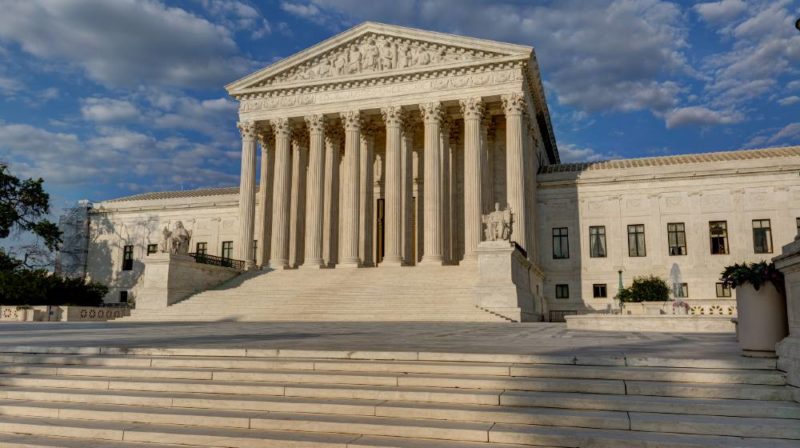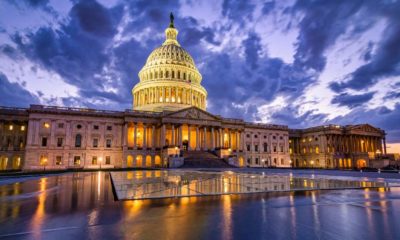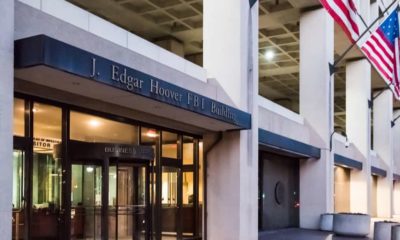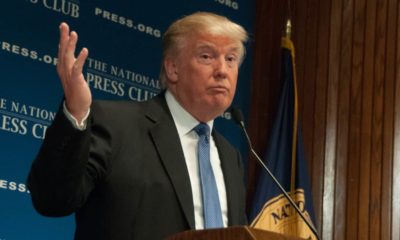What adds injury to the U.S. Constitutional insult in this salient matter is that very very few members of the American electorate realize that the U.S. Constitution, Article 3, Section 2, was changed, in effect, without the amendment process, by congressional fiat legislation without changing the wording of the Article.
The Federal Judiciary Act of 1925 (FJA) inserted congressional competitive ludicrousness in the place of what had been a continuing sacred process of intense appellate review from the time of the ratification of the U.S. Constitution until 1925. For those 136 years, the mandate of Article 3.
Section 2 was enforced by the federal judiciary, the bicameral Congress, and the Executive branch. That is, “the Judicial Power shall extend to ALL cases, in Law and Equity, arising under this Constitution, the Laws of the United States and Treaties made… ” In other words, all federal cases rising through the federal judicial appellate system, for 136 years, were heard, as a matter of right, by the SCOTUS!
The appellants had a Constitutional right to have their cases heard by the SCOTUS Brethren, and currently, in the 21st Century, they still have the unmitigated right, though obliterated through flippant congressional fiat, to have their cases heard by the SCOTUS Brethren and Sisters.
What the Federal Judiciary Act of 1925 did was to flippantly declare that, instead of a legal Constitutional right to have their cases heard by the SCOTUS, the appellants had the optional “opportunity” to compete for a hearing of their cases by the SCOTUS by means of an essay contest and a very subjective vote by the nine justices on which essays to accept through what was called the “certiorari” process and the affirming vote of four of the justices.
Between the years 1891 and 1925, the Republican-led Congresses began the very secretive deliberative process of persuading politicians that the workload of the nine SCOTUS justices was greater than what they could endure, even though their work-days at the SCOTUS, beginning in 1925, began at 10:00 a.m. and lasted until 4:00 p.m.,
Monday through Friday. The FJA of 1925 turned the SCOTUS into a virtual country club and nine justices into a group of certiorari petition essay judges with the ability to subjectively picking and choosing the cases they would eventually review and decide.
Consequently, from 1925 until the present day quite a few very important federal appellate cases were arbitrarily denied review by the SCOTUS without any reasonable indication as to why they were denied.
This has raised some very speculatively troubling conjecture, along with many suspicious eyebrows, about the motives, intents, and reasoning behind the justices collectively denying review to some very high-profile federal cases since 1925.
First off, ALL cases rising to the level of SCOTUS review are required by the U.S. Constitution to be heard in full SCOTUS session by the nine justices. The only way to avoid this requirement is for the mandate of Article 3, Section 2 to be amended through the amendment process of Article 5.
Yet, as far as the workload of the Brethren and the Sisters was, and is, concerned, Congress didn't and hasn't even considered lengthening the SCOTUS workday, incorporating the use of Saturdays or the convening of night-court sessions when needed to justify the caseload, instead of unconstitutionally altering the Article 3, Section 2 mandate to hear ALL cases meeting SCOTUS requirements.
Such work modifications for the SCOTUS appeared, and still appear, to be beneath the dignity of the nine federal justices receiving salaries of over $250,000 per year.
Yet, I, and many other Constitutional scholars, don't think they are. I believe that the Brethren and the Sisters should be required to work as hard as they did as lawyers, law professors, or in whatever jobs they held before being nominated and confirmed and elevated to the position of SCOTUS justices, and paid such exorbitant federal salaries.
The current workday of SCOTUS justices is from 10:30 a.m. until 3:00 p.m., Monday through Friday, and their legal staffs and law clerks actually do most of the required reading and the review of cases for the nine justices. The justices receive regular verbal and written reports from the law clerks advising them what they should do and say. It's really pathetic just how little work the celebrated Brethren and the Sisters actually do.
What “should” appropriately happen when dire illegal and unconstitutional acts are committed with apparent impunity by much earlier Congresses against the U.S. Constitution and the People of the United States and subsequently discovered?
If such treachery and duplicity was done covertly without the knowledge of the People at much earlier times, say 1925, yet discovered and publicly brought to the attention of the People at much later times, say 2021, should the legal tables be turned and the treachery and duplicity redressed and reversed?
I, and many other Constitutional scholars, think so, especially when the grievous treachery and duplicity continues to be visited upon the republic through the federal culprits who continue to use this treachery to their unscrupulous advantage.
The Federal Judiciary Act of 1925 should be repealed and eviscerated, as is currently imposed, and the SCOTUS mandate to hear ALL federal appellate cases rising to the level of review by the U.S. Supreme Court should be reinstated, and all such cases should be heard by the nine justices in full SCOTUS session.
The workloads of the nine justices should be modified by Congress to incorporate ALL of the legal work needed to accommodate ALL cases on the federal docket. Perhaps these actions would serve to redress a few of the sore injustices done to so many deserving federal appellants during the intervening years since 1925.











